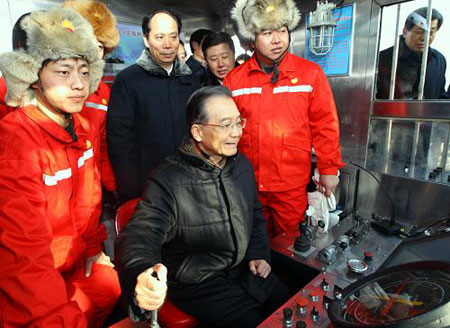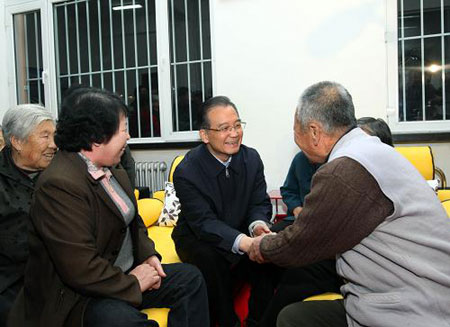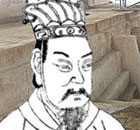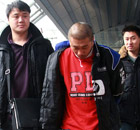Government and Policy
Chinese Premier visits workers, farmers in NE China
(Xinhua)
Updated: 2010-01-03 09:27
 |
Large Medium Small |
|
 Chinese Premier Wen Jiabao (C) operates a well-drilling shaft in an operation room of Daqing Oilfield in Daqing city, northeastern China's Heilongjiang province on Jan 1, 2010.[Photo/Xinhua]
|
HARBIN: Chinese Premier Wen Jiabao conveyed new year greetings to workers, farmers, local residents and officials during his visit to northeastern Heilongjiang Province on the first two days of the year.
|
||||
At Daqing oilfield, he said Daqing people had not only produced two billion tonnes of oil for the country, but also the invincible Daqing spirit which was kept well over the past five decades.
"Nowadays, we still need such spirit to cope with the international financial crisis," Wen said.
The premier then had lunch with workers and visited their dormitory.
He also inspected an industry park of service outsourcing in the city,which is looking for new points of growth in addition to exploitation of resources.
|
 Premier Wen Jiabao (C) talks with senior people in a senior people care center in Daqing city, northeastern China's Heilongjiang province on Jan 1, 2010.[Photo/Xinhua] |
Wen encouraged the city to develop high-tech industry, agricultural products processing, service outsourcing and cultural industries.
While visiting a residential community, Wen said he paid great attention to people's livelihood, including housing, social securities and workers' income rise.
"While handling the international financial crisis, people's livelihood should be stressed," Wen said.
At a villager's home, Wen told locals that the government would increase the minimum purchase price of rice again this year.
He said that to narrow the urban and rural income gap, efforts should be made to improve rural migrant workers' conditions and lift farmers' living standard.
In a residential area converted from a shanty town, which now houses 1,470 families, Wen told a retired worker named Wang Decai that if the country's financial strength was strong enough, retirees' pension would continue to be increased.
He told workers of a machine tool factory in Qiqihar, which makes homegrown plane parts, that efforts should be made to improve innovation capability so as to make breakthrough on key technologies.









